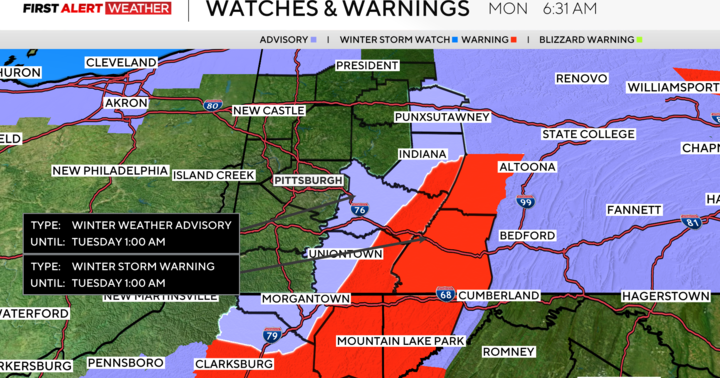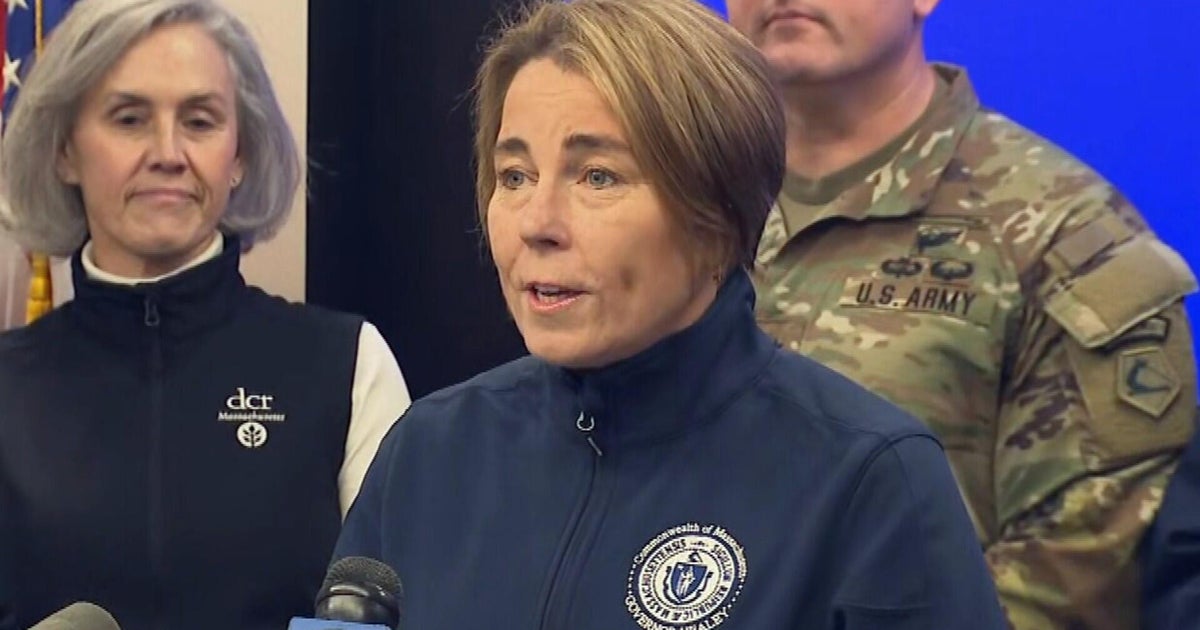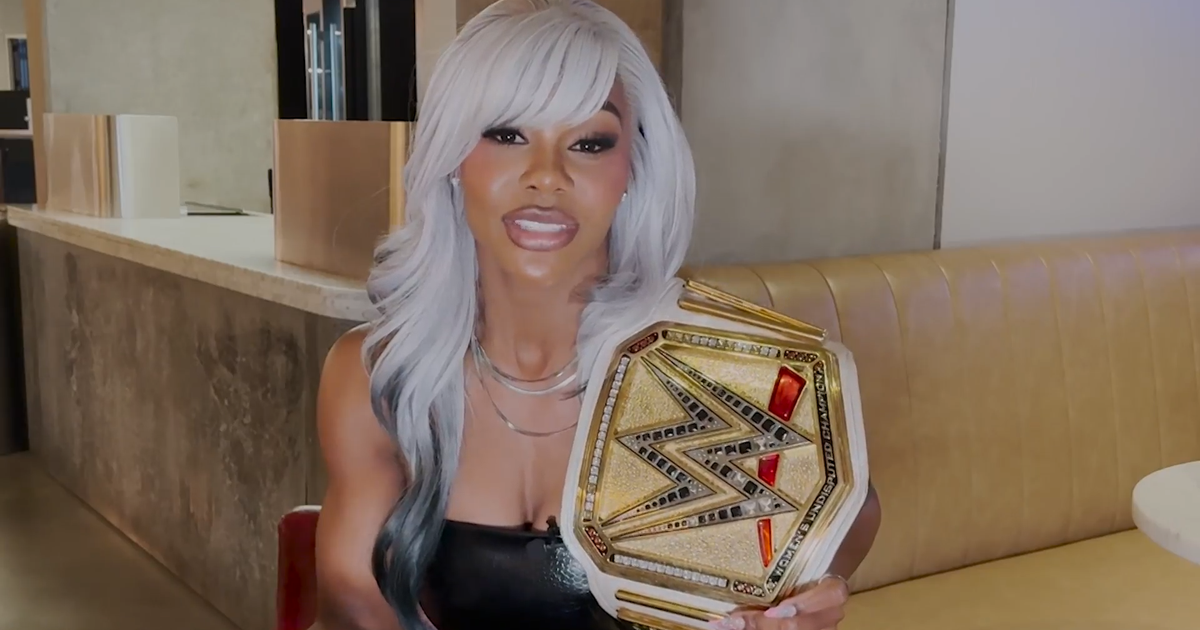Seen At 11: Those Unsolicited Text Messages May Cost You
NEW YORK (CBS 2) -- If you have a mobile phone, there is a good chance that you have received an unsolicited text.
As CBS 2's Maurice DuBois reported Wednesday night, you can get anything from horoscopes to weight loss advice with a simple click, but you could also be getting something unexpected -- a hidden bill.
When a text offering Wen Chao a deal to download mobile content for $9.99 a month appeared on her phone, she ignored it. But when a second one popped up – this one with a strange note about war and peace – she opened it.
"I thought, 'Oh, maybe it's from a friend whose number I don't have in the contacts,'" Chao said.
Chao called her mobile carrier to block future mystery messages, and got some shocking news.
"I was told that by the act of opening the text message, I had consented to what they were trying to sell me," she said.
That's right. Chao was charged $9.99 for so-called "premium messaging" just by opening the text.
"It's all very sneaky," she said.
It's called "phone cramming," and the Federal Trade Commission recently filed its first case against a company for the practice.
"We're very concerned about what we see as a growing number of complaints," said Duane Pozza of the FTC.
But the agency also said because the charges appear on the bill as something innocuous – such as "standard rate plan," "member fee," or "voicemail," only one in 20 victims realizes his or her bill has been crammed.
"Many consumers overlook the charges on their phone bill, so the complaints that we see really are just the tip of the iceberg," Pozza said.
So why don't cellphone companies make the fees easier to spot?
"If you have thousands of different kinds of services available, that wouldn't be practical for a billing system to be able to specifically list those thousands," said John Walls of The Wireless Association. "I mean, that would be a pretty expensive proposition."
And Walls said people are protected by regulations that require third parties to let customers know they are being charged.
"There are certain rules of the road you have to follow here, and we're going to work awfully hard to keep you from doing anything to our consumer if you will that's not lawful," he said.
Chao was able to convince her carrier to remove the charge, and had some advice for other mobile users.
"You really need to be vigilant when you pay your bills," she said.
The government is considering requiring mobile carriers to make third-party charges more obvious. Officials said the charges are costing Americans $600 million each year.
Check Out These Other Stories From CBSNewYork.com:







